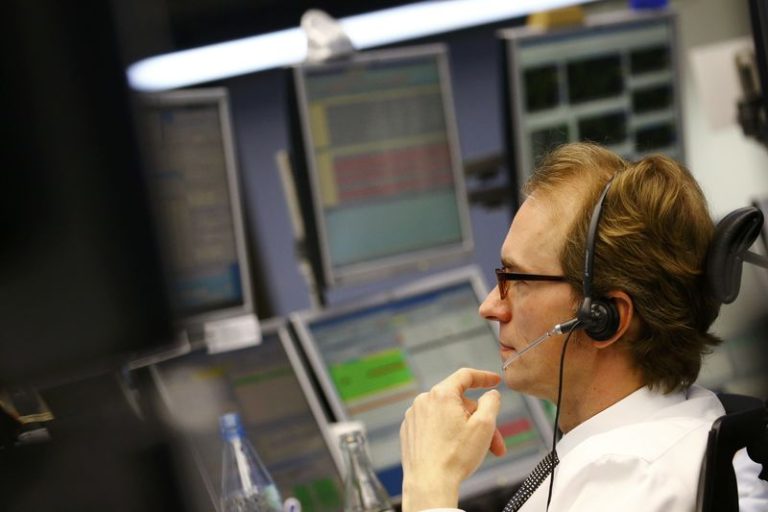© Reuters. FILE PHOTO: Dollar General shopping carts are seen outside a store in Mount Rainier, Maryland, U.S., June 1, 2021. REUTERS/Erin Scott
(Reuters) -Dollar General cut its annual forecasts on Thursday after missing Wall Street expectations for quarterly profit and sales, hurt by weaker store traffic and a move to sell more low-margin essentials over discretionary goods, knocking its shares down 17% before the bell.
The Goodlettsville-Tennessee based retailer has fallen short of Wall Street’s earnings expectations for four straight quarters, and on Thursday cut its annual profit and sales targets for the second consecutive quarter due to heavy competition and high inflation.
Shares of the company have fallen about 36% this year, making it one of the worst performers in the in 2023.
U.S. consumers, particularly in low-to-middle-income groups, have been feeling the pinch as reductions in food assistance benefits by the government and lower tax refunds worsened inflationary pressures.
In an effort to improve its business and lure in value-seeking customers, Dollar General (NYSE:) has been investing to keep prices low for its everyday staples, which are typically less profitable.
It said gross profit as a percentage of net sales was down 126 basis points in the quarter from last year, as it took inventory actions to reduce its stock and made additional investments in retail labor to improve operations.
Meanwhile, sales in the home products and apparel segments, which carry higher margins, fell more than 7% each in the second quarter ended August 4.
The discount retailer now expects fiscal 2023 same-store sales in the range of a 1% decline to 1% growth, compared with its prior outlook of an increase of 1% to 2%. Analysts on average were expecting a growth of 1.45%, according to Refinitiv IBES data.
For the year, adjusted earnings per share are forecast in the range of $7.10 to $8.30, or a decline of 34% to 22%, from a flat-to-8% decline in the prior outlook.
For the quarter, same-store sales fell 0.1%, compared with analysts’ average estimate of a 1.08% rise, according to Refinitiv IBES data. The company earned $2.13 per share on an adjusted basis, missing an estimate of $2.46.
Read the full article here









